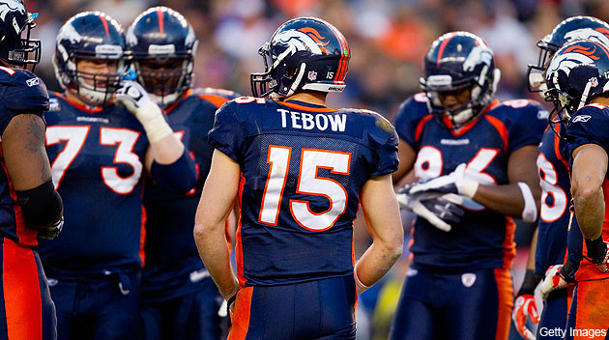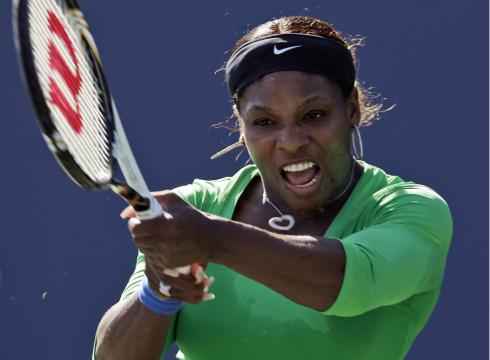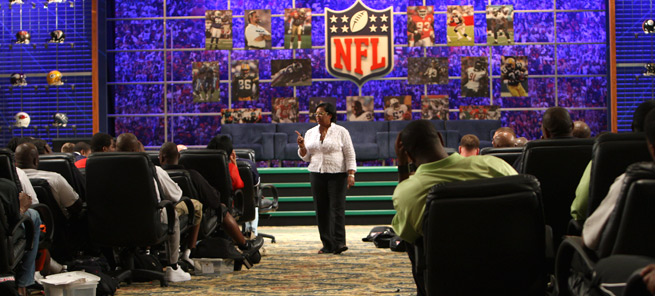Category: Athlete Career Development
-
Ovie Mughelli Q&A: Advice on Transitioning to the NFL and Post-Athletic Career
by Matthew Allinson 02-12-2012 05:27 PM Athlete Interviews | Life After Sports | Athlete Career Development
-
The Risk of Extreme Sports: The Sarah Burke Tragedy
by Emi K. Ryan 02-08-2012 09:01 PM Athlete Career Development | Insurance
-
Haloti Ngata Q&A
by Matthew Allinson 01-16-2012 01:33 AM Athlete Interviews | Philanthropy | Athlete Career Development | Human Relations
-
Leadership Principle #1: Do What You Say You Will Do
by Cory Dobbs, Ed.D. 01-03-2012 11:44 PM Athlete Career Development | Leadership
-
Lead Like Tebow, Now!
by Cory Dobbs, Ed.D. 12-26-2011 07:14 PM Athlete Career Development | Leadership
-
10 Tips For Pro Basketball Players Playing Overseas
by Corey Crowder 10-30-2011 11:58 PM Life After Sports | Athlete Career Development
-
Becoming a Team Leader
by Cory Dobbs, Ed.D. 09-08-2011 01:55 AM Amateurism | Athlete Career Development | Coaching | Leadership
-
Serena Williams’ Comeback: How tennis is like an interview
by Eileen Wisnewski 08-28-2011 09:55 PM Life After Sports | Athlete Career Development
-
5 NCAA Bylaws Incoming Collegiate Student-Athletes Must Know
by Justin Sievert 07-14-2011 11:35 PM Amateurism | Athlete Career Development
-
Rookie Symposium: You Don't Miss It Until It's Gone
by Dr. Timothy Thompson 06-15-2011 12:29 AM Athlete Career Development | Education | Human Relations


.jpg)




